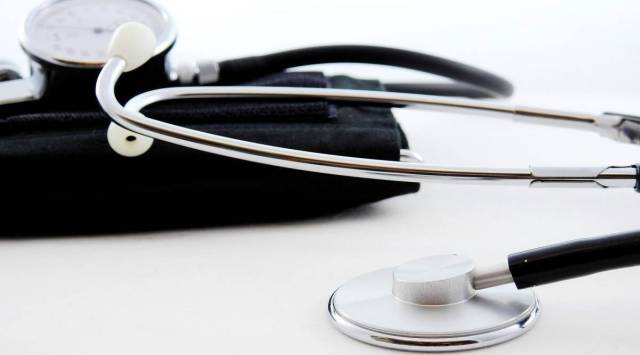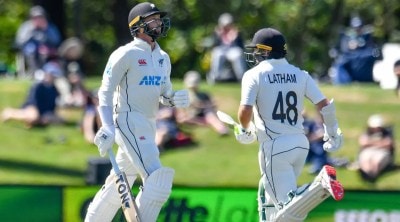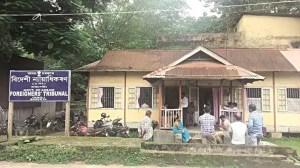As many as 38 medical colleges across the country have lost recognition, and another hundred or so have received notice from the country’s apex medical regulator to correct deficiencies.
The colleges have been pulled up for issues ranging from staff not marking attendance on biometric system and colleges not being able to implement the new camera, biometric, and health management system-based monitoring to institutions reeling under a shortage of staff and doctors.

An official from the National Medical Commission (NMC) said the numbers will keep changing as more hearings and appeals are taken up over the next two months.
Counselling for the current MBBS batch is likely to start July onwards; NEET was conducted in the first week of May.
The official said, “If a college is unable to correct the deficiencies, it will only impact their intake for the current year. Students already enrolled will not be affected.”
The issue came to light after one of the oldest government medical institutions in Chennai — Stanley Medical College — and a couple of others from the state lost recognition. “This is part of an ongoing exercise. Colleges are routinely inspected every year to see whether they are complying with norms,” another NMC official said.
The official said that unless the colleges have serious deficiencies — such as missing infrastructure or severe shortage of faculty — they are likely to be recognised again for the current session.
Story continues below this ad
The first official quoted said that some colleges that have been de-recognised, or sent notices, had a biometric attendance system in place but the staff had not started marking attendance every day after Covid-19 (all institutions were advised against using biometric attendance systems during the pandemic).
ExplainedWhat happens to colleges?
With colleges coming under scrutiny ahead of counselling for MBBS courses, would it mean a loss of thousands of seats? Not necessarily. The colleges that have lost recognition will be able to appeal the decision upon correcting the deficiencies — once with the National Medical Commission and then twice with the Health Ministry. If they move quickly, and do it before counselling starts, they will be able to take in students, a National Medical Commission says.
However, it also involved more serious problems. “Some of the older medical colleges had a shortage of faculty members and resident doctors. We can make some concessions for new colleges, but why should ones that have existed for years,” asked a third NMC official.
Some infractions were egregious still. For example, a private medical college that has lost recognition in Punjab — Chintpurni Medical College — was recognised by NMC without a previous physical inspection by NMC, a senior Punjab government official said. “It was on the state government’s insistence that a physical inspection was carried out,” the official said. “Those who came to inspect found that no studies were going on (and) there were no patients. Many students get lured into enrolling in such institutes and are unable to receive proper education.”
Several colleges from Tamil Nadu, Gujarat, Assam, Punjab, Andhra Pradesh, Puducherry, and West Bengal have either lost recognition or have been served notices to correct deficiencies. Colleges that are under the NMC scanner reportedly include Gauhati Medical College, Assam Medical College, Fakhruddin Ali Ahmed Medical College, SCB Medical College, Stanley Medical College, Dharmapuri Medical College, Indira Gandhi Medical College and Research Institute, KAP Viswanatham Medical College, and Chintpurni Medical College.

































